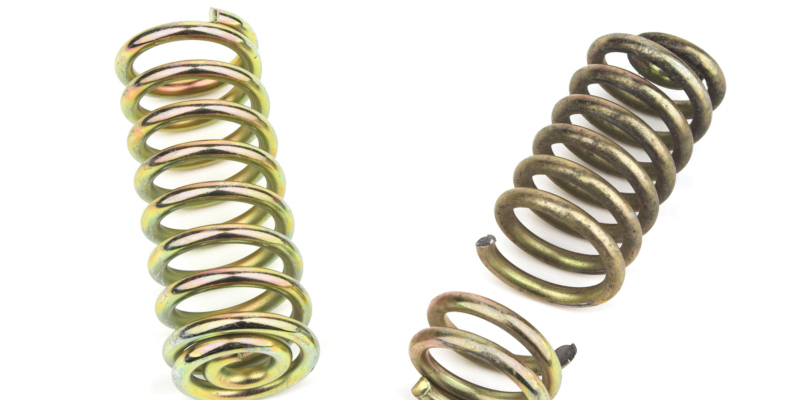
We use it every day — often multiple times per day. No, no, we aren’t talking about the refrigerator or the shower in your home, we are talking about the garage! Garage doors have been around since the 1920s, a handy invention made to house, the ever-growing in popularity, Model T Ford. While the basic concept of garage doors hasn’t changed much since then, people still don’t know much about them and might ignore issues that spring up. In fact, we have come up with four signs that you have a broken garage door spring:
- The door opens unevenly– Garage doors work not solely with a motor, but with the assistance of springs and torque as well. When one side of your door is moving faster or slower than the other, you have an issue with one of your springs.
- Groaning, creaking, pops, and other noises– These are the signs of aging for most anything, human or mechanical! A lot of tension is held within the springs that make your garage door opener work, and these springs can start to lose their elasticity, resulting in some noises of aging.
- Your springs are losing their stretch– Just like a rubber band or an old swim suit, a spring can only snap back to its original shape so many times before it starts to stretch out.
- Rust- Rust is never a good sign when it comes to parts of metal machinery, and a garage door spring is no different. Rust is often a sign of neglect and other issues, so you’ll want to check and see if it’s surface rust or other problems.
Broken garage door springs are a safety hazard and should be addressed quickly by professionals. Be sure to call one right away if you suspect a broken garage door spring.
